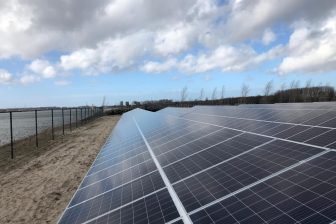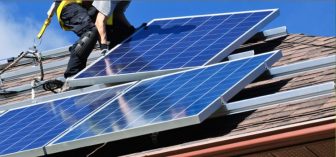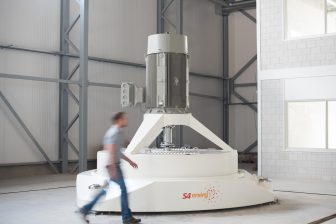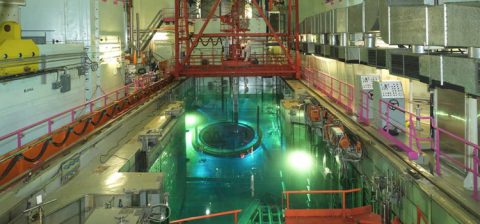
‘Kernenergie is de ideale oplossing voor het klimaatprobleem’
1 december 2015 – Voor het oplossen van het klimaatprobleem kunnen we niet zonder kernenergie. Dat vindt Mikhail Chadokov, van het Department of Nuclear Energy van het International Atomic Energy Agency (IAEA).
Natuurlijk, van iemand als Chudakov verwacht je niet anders. Maar onder de titel ‘Does Nuclear Power Really Help Fight Climate Change?’ houdt hij een indringend pleidooi vóór kernenergie als transitiebrandstof. En de IAEA kan daarbij helpen…
Uit het bericht van de IAEA
‘(…) Nuclear power is the only low-carbon technology that is available today that has the potential to be deployed on a wide scale and in large capacities to help meet the global climate-energy challenge. First, direct greenhouse gas emissions from nuclear power plants are negligible. Secondly, when emissions over the entire life cycle are considered, hydro, nuclear, and wind-based electricity generation are the lowest CO2 emitters. Therefore, nuclear energy is ideally placed to mitigate the effects of climate change in a most cost effective way.
An increasing number of IAEA Member States concerned about climate change are now considering introducing nuclear power into their national energy mix or expanding its use. The IAEA has a comprehensive set of tools to help them understand the climate-energy challenge as well as the challenge of launching a nuclear power programme. Our efforts focus on providing a factual assessment of nuclear power. We help decisionmakers consider all energy production technology options. Our planning tools, used by 130 countries and 20 regional and international organizations, consider all energy options. But if and when a Member State so requests, we provide assistance for the safe, secure and sustainable implementation of their nuclear power programme.
Our support covers many areas: from energy planning to responsible uranium mining, from reviewing national infrastructures to training, from operational performance to tackling radioactive waste, decommissioning and environmental remediation.
Nuclear power produces about 11% of global electricity. Our projections show nuclear energy continuing to play a key role in the global energy mix for decades to come. The Fukushima Daiichi nuclear accident has slowed the growth of nuclear power, but has not reversed it. This continued growth suggests that the fundamentals supporting continued use of nuclear power have not changed. The safer the reactors are and the better they perform, the less CO2 will be released. In 2011 alone, it is estimated that 2.1 gigatonnes of CO2 emissions were avoided due to nuclear-based electricity generation.
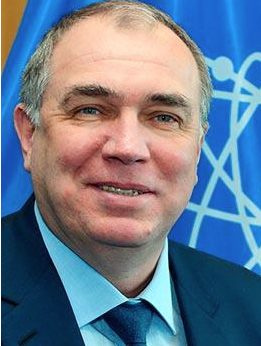
I believe that advanced and innovative reactor and fuel designs will play an increasing role in meeting this global challenge. Use of gas-cooled and fast reactors, for example, will improve fuel utilization, help optimize fuel cycles, reduce cooling water demands, and minimize long lived radioactive waste generation.
The Department of Nuclear Energy takes the lead in the IAEA’s efforts to bring about innovation in nuclear power. We try to connect the many disciplines that are involved in advanced reactors, ranging from financing to better use of resources, from operational performance to waste management and proliferation resistance.
Nuclear power has been a reliable source of the world’s electricity supply for over half a century. So my answer to the critical question “Does nuclear power really help us fight climate change?” is a clear YES. We will continue to help Member States in their efforts to use nuclear power in a safe and sustainable way. (…)’
Bronnen
IAEA, 27 november 2015: Does Nuclear Power Really Help Fight Climate Change? – IAEA Deputy Director General Chudakov

